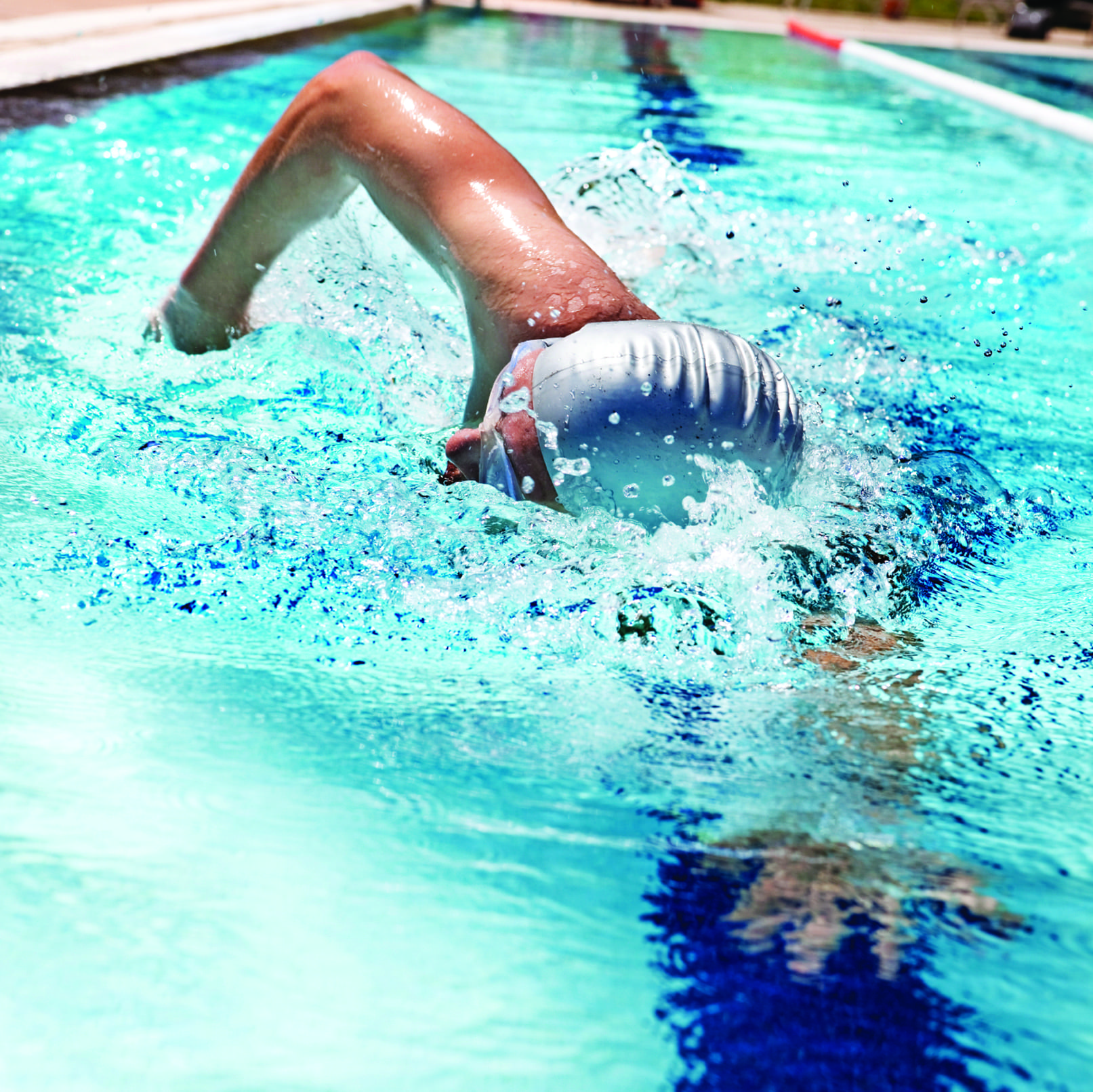Exercise and Mental Health
We all know exercise keeps the body fit and active, but there’s a hidden beneficiary of physical activity: your mind. Researchers agree that being physically active for a mere 30 minutes a day can revolutionize your mental health by improving your mind, boosting self-esteem, reducing stress and reducing symptoms of mild depression.
By Grace Mullaney
How Exercise Helps
When it comes to mental health, the importance of physical activity can’t be underestimated. Physical activity doesn’t just keep your body fit; it actively assists in keeping your brain emotionally, physically and chemically balanced. Consider the following benefits:
Change in Brain Chemistry: The Mayo Clinic reports that exercise affects chemicals in the brain that boost your happiness level and keep you relaxed, offering a powerful protection against low mood levels. According to the American Psychological Association, psychologists rank exercise with psychotherapy and medication in terms of treatment for depression. Part of the appeal of this benefit is that the mood lift is immediate—just 30 minutes of exercise, and you’re already feeling better.
Sense of Accomplishment: Even a few minutes of exercise a day can provide you with this benefit, empowering you to accomplish further tasks independently. A recent study at Cardiff University in the U.K. found that those who regularly engaged in moderate or vigorous physical activity also had higher levels of self-efficacy—a belief in the ability to succeed in a particular situation.
Social Interaction: Daily physical activity also provides many opportunities to meet people and socialize. Never underestimate the significance of a conversation or even a greeting for improving mood. Plus, an “exercise buddy” may motivate you to stick to your exercise routine.
Improved Brain Function: According to the National Institute of Health (NIH), several studies suggest that exercise can improve or maintain some aspects of cognitive function, such as the ability to shift quickly between tasks, plan an activity or ignore irrelevant information. AARP recently reported that two new studies presented at the Alzheimer’s Association International conference added to the body of research that suggests daily exercise can slow the mind’s aging process.
Getting Practical
It’s easy to get caught in the harmful cycle of feeling low or anxious, and as a result, doing less and less. But when it comes down to it, the only way to achieve the mental health benefits described is to get your body moving on a regular basis. The word “exercise” can make you think of running lap after lap or lifting heavy weights. But exercise can include a wide range of daily activities.
While almost every form of exercise will help keep your mind and body strong, aerobic exercises are good places to start when trying to boost mental health. Aerobic exercise doesn’t necessarily mean staying on the treadmill for an hour at a time. The Center for Disease Control and Prevention (CDC) says that most daily physical activities from gardening to dance classes count as aerobic exercise. While running, biking, or walking are some of the more typical kinds, other types may include vigorous housework or regularly using the stairs. Activities that incorporate coordination with cardiovascular exercise, such as water aerobics or a dance class, are associated with the most mental function benefit.
You will get the most out of aerobic exercise if you spend time being physically active every day. Most experts suggest a half-hour of moderate exercise almost every day. If 30 consecutive minutes seems unrealistic, the CDC recommends breaking up your exercises into 10 minute increments.
To add variety, consider adding strength training to your workouts. Keep in mind that the NIH’s recommendation is to limit your weight training exercises to 30 minutes, and be careful not to work out the same muscle groups for two consecutive days.
Intensity is an important element of your physical activity, as the benefits of a workout increase as intensity increases. However, even moderate levels of intensity can produce desirable results. According to the CDC, if you think of your exercise on a 10 point scale—zero being sitting and 10 working out as hard as possible— your moderate intensity point should be about a 5 or 6. According to the CDC, when you reach an appropriate intensity level you’ll be able to have a conversation with your workout partner, but won’t be able to sing along with the radio.
Make sure you begin your workout with a warm-up, end your workout with a cool-down and drink water before, throughout, and after you exercise. If at any point you get dizzy or feel completely out of breath, sit down and take a break.
Tips for Staying Motivated
Once you start, it’s vital to stick with a physically active lifestyle—giving up too soon could mean abandoning the benefits to your mental health.
Ultimately, the best way to stay physically active is to do what you enjoy. Find exercises you like. If you enjoy yoga, take a local yoga class. If you like long walks in the evening, invite a friend to join you. When you enjoy what you’re doing, physical activity is no longer a chore—it’s the highlight of your day. Consider the following tips for staying motivated as you incorporate physical activity into your daily life.
• Set goals that you can meet. You don’t need to run the Boston Marathon to develop successful exercising habits. In fact, failing to accomplish lofty goals may leave you disheartened and end up discouraging your exercise routine. Instead, set attainable long-term goals and divide them into short-term goals. For instance, if your long-term goal is walking 30 minutes a day, start with a short-term goal of walking for 10 minutes a day.
• Forgive yourself. If you forget to exercise one day, there’s no need to give up or feel like a failure. Don’t be discouraged if you miss a workout or forget to take your daily walk. Instead be willing to jump back into your active lifestyle as soon as you can.
• Think of exercise as a tool, not something to dread. Being physically active is time set aside for you. Remind yourself every day that exercising helps fight depression, keeps you sharp and relieves anxiety. You are taking control of your mental health through a physically active lifestyle.
The NIH encourages people of every age, shape and size that it’s never too late to become active. Our bodies are designed to move, so no matter what stage of life you’re in, there are ways to get active, stay active, and preserve your mental health. An active lifestyle is a gift you can give to your body and mind every day.
Grace Mullaney is a student at Covenant College, majoring in both philosophy and English. She is currently the managing editor of Covenant’s newspaper, The Bagpipe.
See Related Articles






